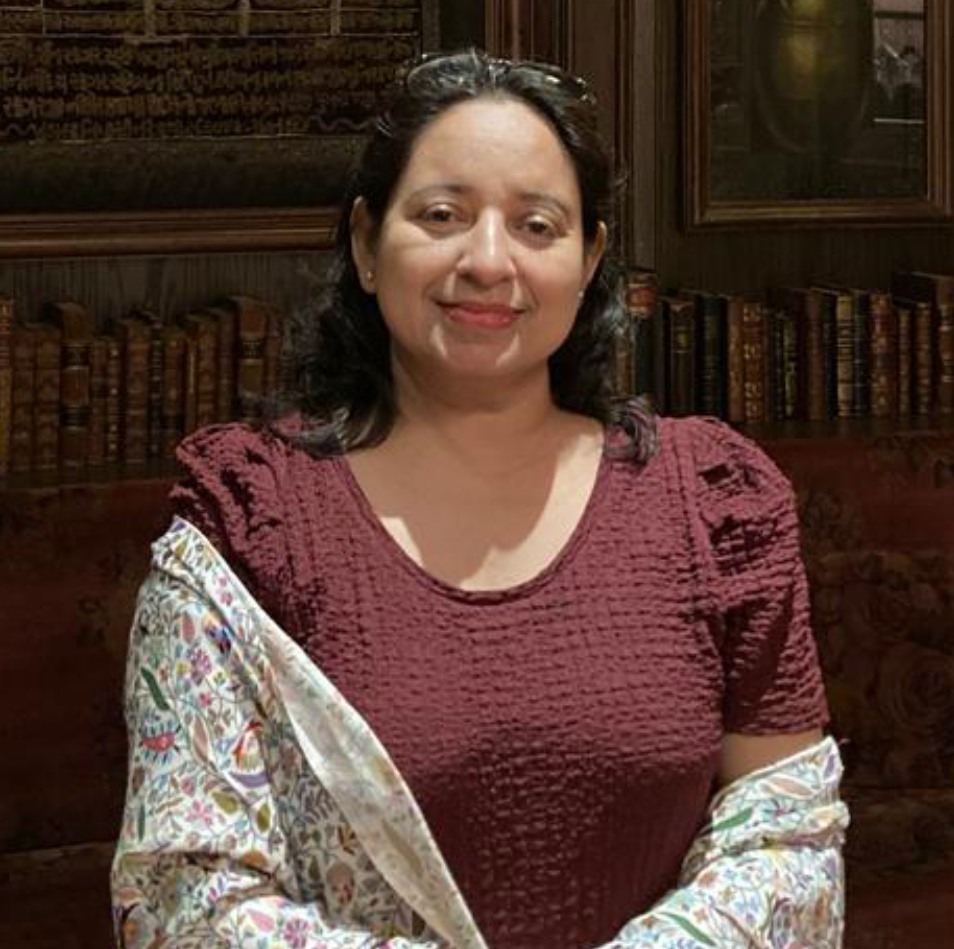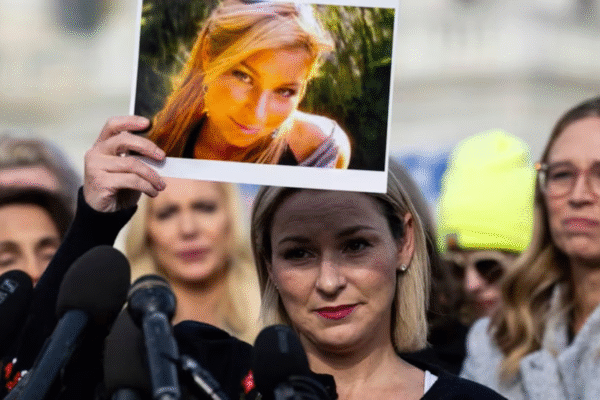

Indian students and visitors now face fresh challenges under new U.S. visa regulations. The Biden administration has quietly rolled back a COVID-era flexibility that allowed applicants to seek non-immigrant visas from third countries. This change especially hurts Indian students, who face some of the world’s longest wait times at U.S. embassies.
Until recently, many Indian applicants traveled to nations like Thailand, Sri Lanka, or the UAE to avoid year-long delays in India. Now, they must return home to apply—only to join visa queues that stretch up to 500 days in some Indian cities.
So far, the Indian government has not issued an official response.
Students Pay the Price for Policy Reversal
The U.S. Department of State confirmed that this rollback applies to all non-immigrant visa categories, including F-1 (student) and B-1/B-2 (tourist/business) visas.
Thousands of students who had planned to join the upcoming academic session are now scrambling. Many fear they will lose scholarships or admission due to visa delays. Education consultants report a spike in cancellations and urgent rebooking.
While the U.S. claims this is a “return to normal,” the decision exposes a deep flaw in India’s diplomatic engagement. The lack of bilateral coordination shows how vulnerable Indian travelers remain—even after high-profile summits and partnerships.
For guidance on student visa options and updates, see India to US student visa guide.
High Optics, Low Outcome in India-US Relations
This visa shift comes despite years of warm public relations between India and the U.S. Events like Howdy Modi and Namaste Trump were celebrated as signs of strong ties. But they failed to secure long-term ease of mobility for Indian citizens.
Indian students are the second-largest international student group in the U.S., according to Open Doors. Yet, this large, valuable demographic continues to face procedural hurdles.
Experts argue that symbolic diplomacy must give way to results. Real power lies in securing smoother, fairer access for citizens—not just waving flags at stadium rallies.

Prabha Gupta is a veteran journalist and civic thinker dedicated to the constitutional ideals of dignity and institutional ethics. With over thirty years of experience in public communication, her work serves as a bridge between India’s civil society and its democratic institutions. She is a prominent voice on the evolution of Indian citizenship, advocating for a national discourse rooted in integrity and the empowerment of the common citizen









